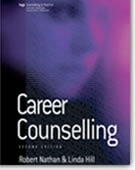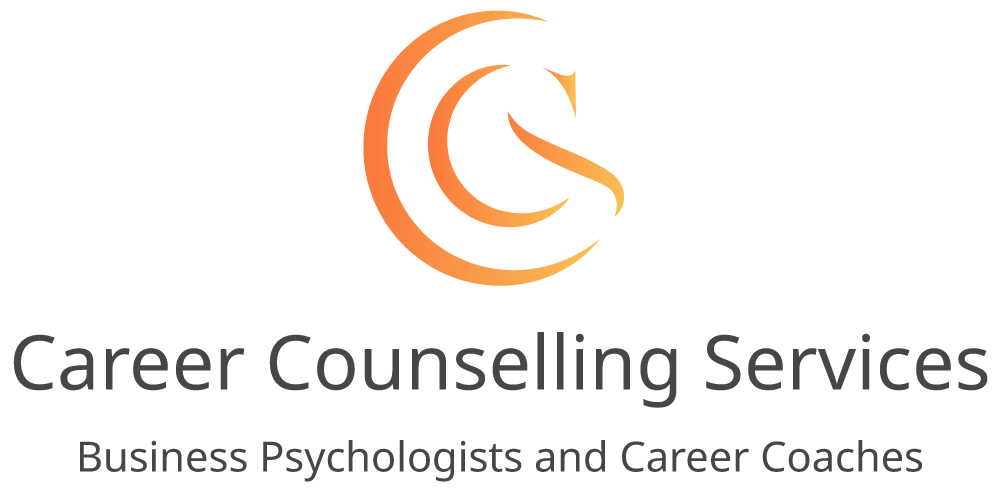Extract from our Career Counselling Textbook
The Career counselling book is aimed at anyone from specialist Career Coaches to Line Managers and it offers advice on skills and techniques within a structured approach to Career Counselling.
Jackie Howie
Download sample PDFs of Career Counselling: Preliminary pages, Introduction

For those of you who wonder if the counselling approach is of much use for career guidance, this book should be informative. The importance of working with insight into client feelings is exemplified by insights into the need to address and work through feelings so that blocks to career interest and good decision-making can be overcome... The book outlines basic counselling skills and more complex ones and many straightforward exercises; ways of generating career options; career drivers and satisfiers; decision-making exercises; and guidelines for investigating careers... This text has made me more aware of the importance of thinking in terms of counselling and group counselling in the work I do relating to careers.
Guidance Matters
Career counselling is often mistakenly described as giving people advice on finding the best career path. This fully revised and updated second edition of Career Counselling explains what career counselling actually is, why people seek it, and indicates the many contexts where it is used. It describes in detail the skills, tools and techniques of career counselling, useful to both professional career counsellors and those for whom career counselling is just part of their work.
This practical guide examines the issues typically brought to career counselling, and includes a completely new chapter on the role of career counselling within organisations.
Other areas covered include:
- the dilemmas of independent and in-house career counsellors
- screening and contracting
- ways of facilitating decision-making and managing `blocks’
- self-management and continuing professional development.
Career Counselling, Second Edition stresses the importance of adopting a `whole person’ approach whilst maintaining a career focus. Illustrated throughout by case studies from the authors’ experience, the book draws on approaches ranging from the humanistic work of Carl Rogers to solution-focused counselling. The book contains an invaluable resources section and includes a brand new appendix containing photocopiable exercises which practitioners and their clients can use in conjunction with their counselling sessions.
Robert Nathan is Managing Director of Career Counselling Services, London.
